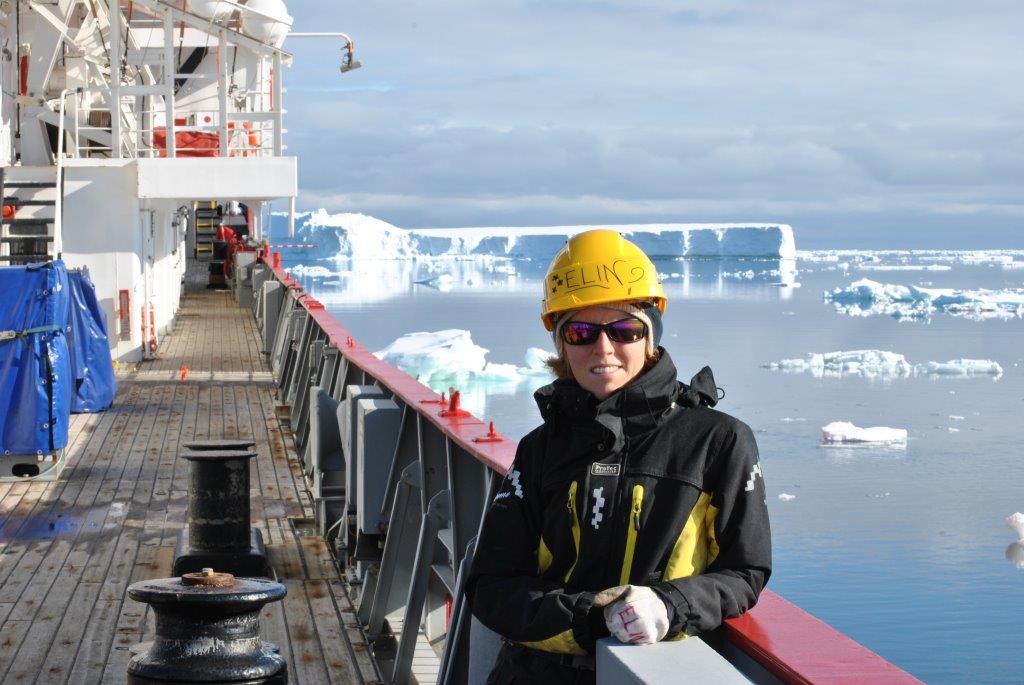Written by Svenja Ryan:
My name is Svenja. I am currently a PhD student in physical oceanography at the Alfred Wegener Institute, Helmholtz Centre for Polar and Marine Science in Bremerhaven, Germany and my work is actually very much related to the experiments which we will perform on the Coriolis platform. Even though I will not use the data myself, I am very excited to be part of the team in Grenoble.
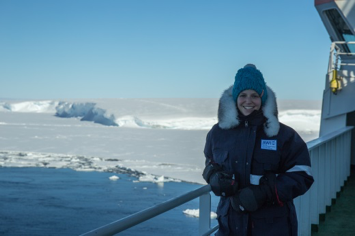 I did my Bachelor (Physics of the Earth’s System) and Master (Climate Physics) degree in Kiel, Germany, where the University of Kiel and the GEOMAR have
I did my Bachelor (Physics of the Earth’s System) and Master (Climate Physics) degree in Kiel, Germany, where the University of Kiel and the GEOMAR have
a great joint program. From the beginning on I was drawn to the field of oceanography as the vast oceans fascinate me and there is still so much left to explore. During my Bachelor I had the chance to participate in a research cruise to Antarctica for the first time; a place that is truly breathtaking. So, I went again a second time during my Master and, what a surprise, ended up doing my PhD in the topic and got to go there a third time J In my work, I am studying the flow of warm oceanic waters toward the ice shelf by using observations and a numerical model.
We have a close cooperation with the University of Bergen, through which I met Elin and which is why I ended up coming to Grenoble I guess. It is one of the great things about this job that you get to work with great people from many different institutes and countries, while you all share the common interest of learning about the ocean and understand its role in the climate system. Read the blog and you can follow us on our exciting adventure 🙂


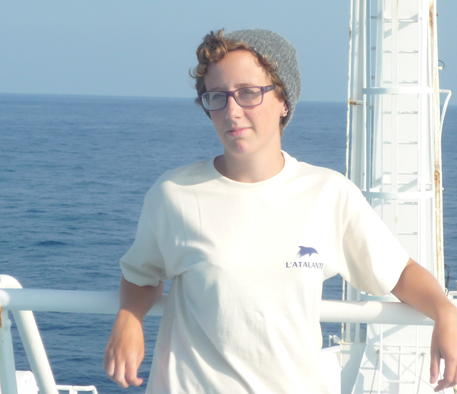
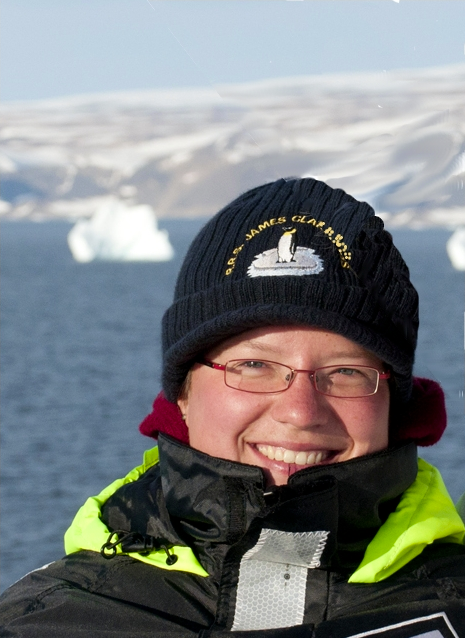
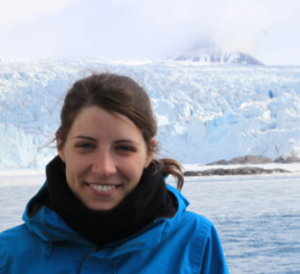 I am Nadine and will spend the whole 2 months in Grenoble to make sure that I don’t miss anything exciting in the lab. Just one month ago I started my PhD with Elin in Bergen and I am still a bit new to the topic. So, I will be learning together with you and help keeping you up-to-date on what is happening at the Coriolis platform. My background is in meteorology and oceanography with a main focus on polar regions. Because I have been studying the retreat of marine-terminating glaciers during my master thesis, it really interests me why the beautiful ice has to melt! How does the warm ocean water can make it all the way into the ice shelf cavities and how will this change in a changing environment? I hope we will get closer to the answer during the experiments here in Grenoble.
I am Nadine and will spend the whole 2 months in Grenoble to make sure that I don’t miss anything exciting in the lab. Just one month ago I started my PhD with Elin in Bergen and I am still a bit new to the topic. So, I will be learning together with you and help keeping you up-to-date on what is happening at the Coriolis platform. My background is in meteorology and oceanography with a main focus on polar regions. Because I have been studying the retreat of marine-terminating glaciers during my master thesis, it really interests me why the beautiful ice has to melt! How does the warm ocean water can make it all the way into the ice shelf cavities and how will this change in a changing environment? I hope we will get closer to the answer during the experiments here in Grenoble.